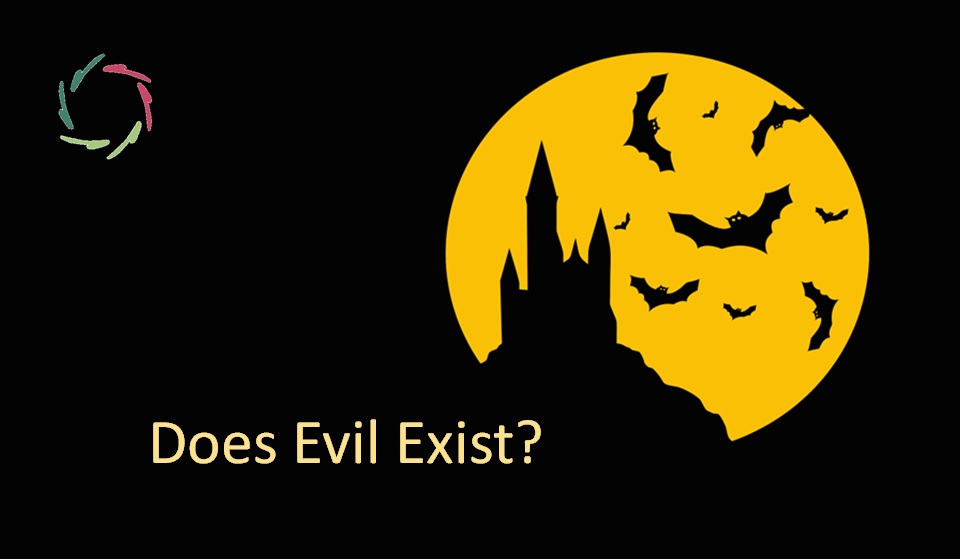In-Group Creates Out-Group?

One frequently encounters the idea that a group gets formed by building defensive walls against other groups. Is this the best way?
People are groupish.
This is: we like to ‘be in a group’. Yes, with quote signs, because the group may be of very diverse kind. For instance, it may be quite abstract: a country, the ‘universe’, a mere feeling of ‘not being alone’…
Evolutionarily
In a way, a group may be seen as an entity that protects itself, including against its own members if need be. Like a body that protects itself against its own cells, if need be. Groups also protect themselves against other groups through their members.
While genes (genotype) stay at the individual level, ‘life appearance’ (phenotype) plays itself out at individual and at group level. Therefore, one can rightly contend that, with some grains of salt, the genes are also the genes of the group. Weirdly, this gives to the group-as-group a kind of intentionality (what can be perceived as a ‘will’). Groups – very fuzzily – are entities of reproduction, making the group with proper characteristics prevail over others.
Are people then slaves to groups?
Most definitely not. In a way, one could say that bees are indeed ‘slaves to the beehive’. If need be, they cannot but offer their own lives for the sake of the hive. Even the queen bee, apparently at the top of the hierarchy, is but an egg-producing special kind of slave. As a hive, they also attack any invader.
Humans are not like bees. The comparison (“look at how well they are organized”) is to me completely insane. Yet to a small degree, we too have groupish instincts that in a way diminish individual freedom. We tend to feel lonely when alone for too long. The feeling of being ostracized can be very hurtful. One doesn’t choose to have this feeling. It comes pre-packaged.
According to some researchers, people are ‘stuck to parochialism’
thus: being naturally unable to have ‘empathy’ for more people than the own group of, at most, some 150 members. Surpassing this, people are supposed to be driven to an unnatural stance leading to harm in many ways.
On the contrary, we humans are very flexible.
While in a long-ago past, people lived in small groups of hunters/gatherers or farmers, we are not constrained to this. Like: until quite recently, most people only communicated to members of the own community, but soon we can communicate with almost everyone on earth, with little unnaturalness.
Still, we need to take it into account.
Social media, with their lack of direct social contact, are an indication of the wrong – besides a lot of good – it may bring to not take into account that people are not ‘made’ for this kind of communication.
Us beating them
An in-group is frequently opposed to the out-group. A kind of ‘defense against them’ may even be the reason d’être of the in-group in the first place. [see ‘From Identity Politics to Utopia’] This way, it may become more about ‘us beating them’ than it is about us doing well.
Loyalty to the in-group then becomes part of an aggressive stance.
Family routes?
A society very much bent on ‘family = in-group’, may be prone to an aggressive us-them-ing at many levels: family, tribe, broader groups, even cultures. At large scale, one sees the prolongation of what happens at smaller scale. It shows the same underlying pattern. This may be self-perpetuating over time, evolving into a downward spiral.
An Islamic aside:
With due respect, Islamic culture used to be very open centuries ago – and still is in a way of being quite hospitable – but then it changed into an aggressive us-them-ing at many levels. I do not understand why but suspect a huge impact from the transcendence of the religion. Can it be reversed?
When ‘Us’ = ‘Me’, ‘Them’ = ‘Us’ = ‘Me’.
This takes into account our in-group orientation. However, in a way, everyone becomes part of this in-group. [see ‘Towards Universal Empathy’]


